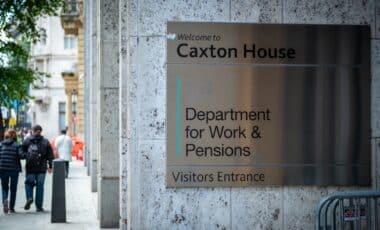Updates to benefit payments and pensions from the Department for Work and Pensions (DWP) are in the news because of the difficult economic situation that is impacting millions of people in the UK. Beneficiaries must deal with the dual challenges of a changing welfare environment and growing household costs this February.
Many low-income families and elderly are concerned about the government’s proposed welfare reforms and the continuous delays in some support payments. Here is a summary of the main adjustments and accessible support.
February Payment Schedule Remains Unaffected
Amidst economic pressures, February 2025 will see benefit and pension payments distributed as scheduled, with no disruptions caused by bank holidays. Recipients of Universal Credit, state pensions, child benefits, and other allowances can expect payments to continue on standard dates.
Notable benefits included in the regular disbursement are:
- Disability living allowance (DLA) and personal independence payment (PIP)
- Carer’s allowance
- Employment support allowance (ESA)
- Jobseeker’s allowance
The DWP is also continuing its transition to Universal Credit, aiming to migrate all remaining legacy benefit recipients by January 2026. Notices for this transition have already been sent to some households, with others expected to receive updates by December 2025.
This shift is part of broader welfare reforms, as consultations on changes to sickness and disability benefits are set to commence in spring 2025. While the government promises a more efficient system, critics highlight concerns over potential budget cuts.
Additional Support Available for Struggling Households
The Household Support Fund (HSF) remains a critical lifeline for vulnerable households, offering grants, vouchers, or energy bill assistance. This scheme, extended until March 2025, is managed by local councils, which determine how funds are allocated. Pensioners, in particular, can access alternative forms of winter fuel support through certain councils.
Other measures include budgeting advance loans for emergencies, capped at £812 for families with children, and council tax reductions for eligible individuals facing financial hardship. Charitable grants and assistance from energy providers like British Gas and EDF are also available to help offset rising costs.
From April 2025, deductions from Universal Credit for debt repayment will be reduced, easing financial pressure on claimants. Additionally, the warm home discount continues to provide a £150 annual electricity bill reduction for qualifying households.With inflation-driven adjustments, state pensions will increase by 4.1% from April 2025, reflecting wage growth, while working-age benefits will rise by 1.7%. However, critics argue these increments may still fall short of offsetting rising living costs.









